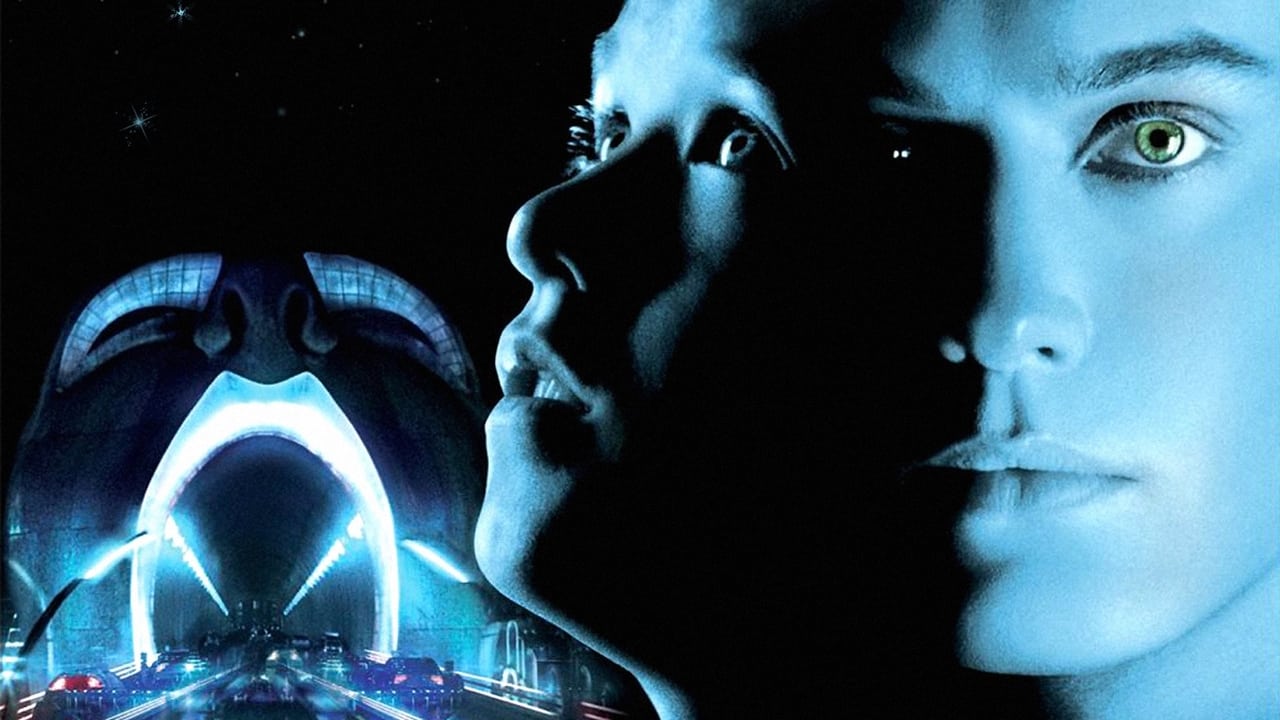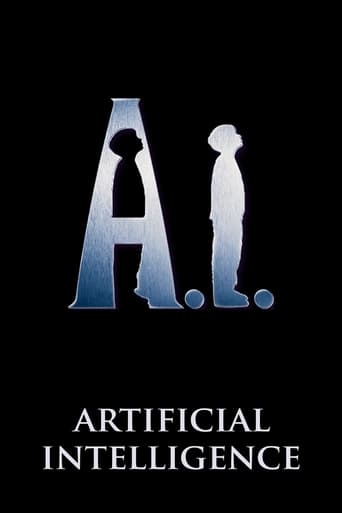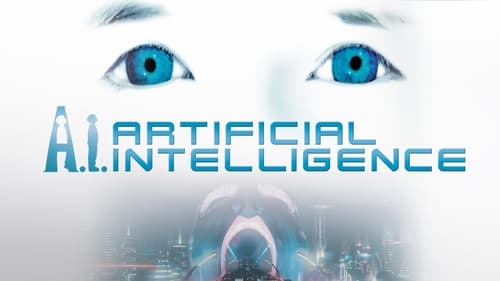



Most undeservingly overhyped movie of all time??
It's funny watching the elements come together in this complicated scam. On one hand, the set-up isn't quite as complex as it seems, but there's an easy sense of fun in every exchange.
View MoreInstead, you get a movie that's enjoyable enough, but leaves you feeling like it could have been much, much more.
View MoreOne of the worst ways to make a cult movie is to set out to make a cult movie.
View MorePossibly one of the five WORST movies ever. This unholy mesalliance of Pinocchio and Blade Runner suffers lazy, dismal scripting that relies solely on emotional manipulation. The production design can be politely described as 'generic', the characters (possibly excepting Jude Law's Slightly Good Samaritan) hewn from styrofoam, and there is a total lack of purpose to the whole enterprise save a gruelling lecture on whether machines can experience 'real' emotions, or hope to be 'real' people. Urgh. Oh yes: the pay-off for Haley Joel Osment's tiresome cyber-brat at the end makes you want to beat your head against the nearest wall. To quote another, better-accredited man-made man, "I've seen things you people wouldn't believe..." Well, ya won't believe THIS. Also my first 0/10 review -I'm feeling generous.
View MoreI really liked this movie, but I can't help think what would have Stanley Kubrick's version been like, but I think I'd rather Eyes Wide Shut be his last movie, but than who knows!! I didn't agree with some of the philosophy at the end, but me and Steven S will have to agree to disagree there. The last 30 mins or so were fantastic, but the story had a few holes.
View MoreThis was the first movie that made me cry in a very long time. Now that the game Detroit: Beyond Human has come out it has given me many vibes from this movie.10/10 Instant classic and is my favorite movie of all time!
View MoreMovie Review: "A.I. Artificial Intelligence" (2001)Director Stanley Kubrick (1928-1999) had his reason to hold back production on the story of a roboter that generates emotions and cognitively processes them towards personality-shaping memories, even exceeding them into a trauma, as in Steven Spielberg's first stand-alone screenplay since "Close Encounters Of The Third Kind" (1977) on the subject of Artificial Intelligence benefits from; and asking questions, how "A.I." changes society between mecha (the machine) and human beings, which formidable starts out in a promising opening scene with decisive perspective camera shifts by cinematographer Janusz Kaminski and actor William Hurt as moderately-understated version of Dr. Frankenstein in the character of Professor Hobby, explaining to its students the advantages of letting emotionally-charged machines out of the box to support an emotionally-disconnected society after pole-cap oceanic water polluted major cities from Amsterdam to New York City, in further returning to human emotions of the 20th century and improve life.Director Steven Spielberg had presumably many discussions with Stanley Kubrick mainly over the phone in order to find out what would be technically possible with a 2001 release date in mind. Kubrick's force was not enough after the 18 months of shooting his last picture "Eyes Wide Shut" in seasons 1997/1998 to begin with another collaboration in such a short turn-around toward principal production. So Spielberg used the momentum to convince Kubrick that he will outline a treatment in which the center of story became an 8-year-old mecha boy, who gets imprinted by a lonely mother, who lost her only child to a coma after a family incident. The writer Steven Spielberg builds decent suspense over the first hour of the picture, even though it seems now in retrospective that he had not been all too comfortable in the scientific production design environment in comparison to fellow contemporary directors as Ridley Scott directing as to say designing "Blade Runner" (1982) and just recently Denis Villeneuve directing "Blade Runner 2049" (2017) or even Director J.J. Abrams in updating "Star Trek" (2009).My emotion that builds consequentially over another hour within the story of "A.I. Artificial Intelligence" in where the mecha boy, uneventful performed by 12-year-old actor Haley Joel Osment, turns to a darker path, after splitting from mismatching supporting cast members actress Frances O'Connor and actor Sam Robards, portraying the mecha boy's foster parents, to encounter scavenging robots seeking substitute parts on waste disposal site before getting ripped, slashed, incinerated in a sequence called "Flesh Fair".At this point it becomes clarified that the last consequence of mecha murdering human and human terminating mecha in a war over skin, flesh, blades and metal could not be prepared in the instant classic fashion by Director Steven Spielberg as Stanley Kubrick would have insisted it to be. Instead the over-screen-time out-flatting screenplay turns into Pinocchio-inspired fairy tale, which still surprises with some technical CGI-integrated achievement under the supervision of Academy-Award-Winning Visual Effects Supervisor Dennis Muren at Industrial Light & Magic.The so-called Amblin / Stanley Kubrick production took on the highest budget possible of 100 million dollars in favor for those days of principal photography between August and November 2000, where Director Steven Spielberg revisits common grounds from his greatest success "E.T. the Extra-Terrestrial" (1982), who seemingly concludes "A.I. Artificial Intelligence" (2001) with tear-draining visuals of love, peaceful thoughts and moments of happiness as the two-times Best Director award-winning filmmaker for the intensely cinematic representations of WW2 interpretations on both ends of history with "Schindler's List" (1993) and "Saving Private Ryan" (1998) intended to avoid a full-raided apocalypse sequence between Man and Machine.© 2017 Felix Alexander Dausend (Cinemajesty Entertainments LLC)
View More